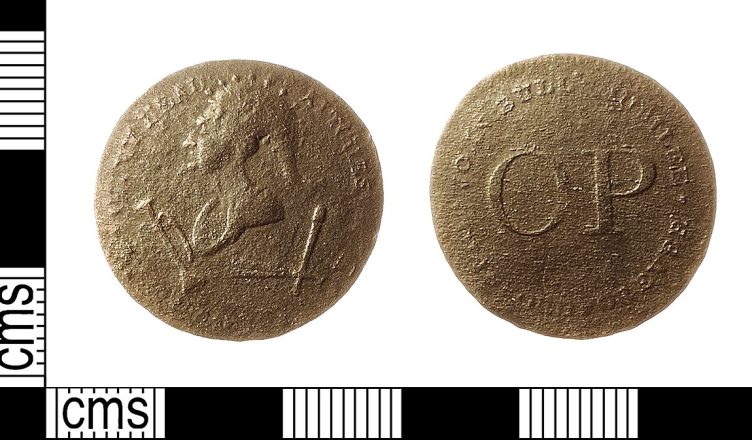We look back on English history at a series of events in response to price rises, a consumer protest movement that used novel tactics.
The Old Price Riots, also known as the OP Riots, happened in London in 1809. At that time, going to the theatre was a mass phenomenon, taking in all classes.
When the Covent Garden Theatre was burned down on 20th September 1808, with most of the scenery, costumes and scripts, the damage was estimated at £250,000. A new theatre opened on 18th September 1809 after a public subscription initiated by the Dukes of York and Northumberland and George III. However, in order to claw back the losses incurred by the high costs of construction, prices were raised.
Six shillings prices rose to seven for the boxes, three shillings and sixpence prices for the pit rose to four shillings, and a third section usually available to the public, was converted into private boxes with an annual rent of £3000 a year. The gallery price remained the same but had very poor views of the actors, as the gallery had been much reduced. This was where the poorest members of the audience congregated. It was apparent that more space was given over to the richer sections of the audience. In addition, the famed soprano Angelica Catalani was hired at great expense.
On the first night of the new theatre, the theatre manager John Phillip Kemble, who also played the main character in the play Macbeth, was booed and hissed. Booing, hissing, cheering, shouting, and singing continued throughout the play. At the end of the play the audience refused to move. As a result, Kemble called in the magistrates and the Bow Street police and other private police forces (There was no established State police at this time). This aggravated the situation and the crowd did not disperse until 2 am.
After this the magistrates refused to intervene as there was the question of whether it was legal to throw out those who had paid for tickets.
On following nights, those who had taken part in the riots only came in at half price time, and raised anti-price rise banners and placards covered with anti-price rise slogans. At one point during the protests which lasted three months, a coffin was carried in with the message ‘Here lies the body of the new price, which died of the whooping cough on 23 September 1809, aged 6 days”. The protestors who very quickly began to call themselves OPs (Old Pricers) invented other novel tactics. They produced fake money and OP medals. They engaged in mock fights and racing along the benches. They invented an OP Dance, which involved a sort of clog dance or stomp along the benches. They used watchmen’s rattles to make a racket. These tactics subverted theatricality, and were what the International Situationists would have called a detournement. There was little damage to property in the theatre unlike other protests of the period.
Kemble hired the famous boxer Daniel Mendoza and his cronies to attack the protestors. This only increased their anger. Mendoza had been very popular among the London working class and poor but now became discredited. As many as twenty protestors were killed and many injured during the events.
In the end, after three months Kemble was forced to make a public apology, fire Catalani and return to the old lower prices. However, he later tried to maintain half of the private boxes at the end of the new season. Protests began again, and he was forced to withdraw this plan.
The OPers had won, not just over the price rises but the notion that theatre should be available to all. There was no question of high versus low culture, introduced by the Thatcher government, some of whose first acts were cuts to arts subsidies.
The British establishment feared that the OP protestors would then mobilise against rising unemployment, bread prices and the unpopular war with France. However, this failed to happen.
There were other aspects of the protests that were negative. The singing of ‘Rule Britannia’ and ‘God Save the King,’ the striking of an anti-Semitic OP medal, the xenophobia against Catalani, the anti-Catholicism against Kemble. In addition, the OPers made it clear that they preferred British theatre to what was now beginning to appear in the smaller theatres, like melodrama, pantomime, and opera, seen as ‘foreign.’
Nevertheless, as we now consider what resistance should be made to the price rises in food and energy, the OP protests should be looked at as a successful example of a protest against price rises.

